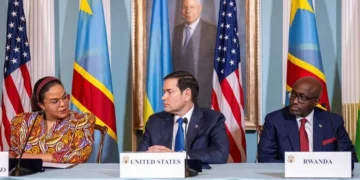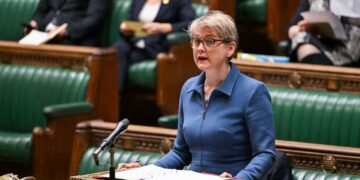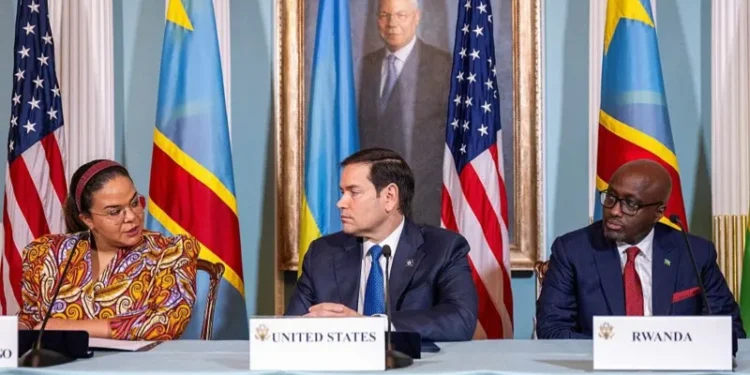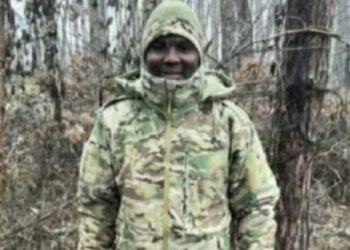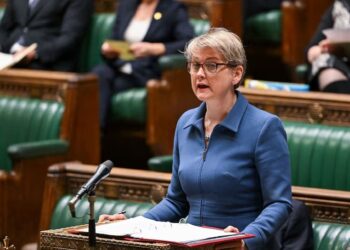By Enyichukwu Enemanna
The Democratic Republic of Congo (DRC) and its neighbouring Rwanda on Friday signed a long-awaited peace deal in Washington that aims to end decades of devastating conflict between the two East African countries.
The deal which also paves the way for the US to have access to high-valued mineral resources in DRC demands the “disengagement, disarmament and conditional integration” of armed groups fighting in eastern DR Congo.
“This is a great day for Africa and… a great day for the world!,” US President Donald Trump wrote on his Truth Social platform last week when an initial agreement was reached.
“Another diplomatic success for President Félix Tshisekedi – certainly the most important in over 30 years,” the DRC President’s office said ahead of Friday’s signing.
Details of the deal signed by the Congolese and Rwandan foreign ministers at the US State Department were not clearly stated. Similar efforts in the past failed.
There are rumours that President Tshisekedi and his Rwandan counterpart, President Paul Kagame, are going to Washington to meet Trump together, though no date has been fixed.
Decades of conflict that have their root in the 1994 genocide in Rwanda escalated earlier this year when the Kigali-backed M23 rebels seized control of large parts of eastern DR Congo, including the regional capital, Goma, the city of Bukavu, and two airports.
Thousands of people were killed and hundreds of thousands of civilians were displaced from their homes following the offensive by the rebels.
After a failed attempt to decimate the rebel group, DRC turned to the US for help, reportedly offering access to critical minerals in exchange for security guarantees. Eastern DR Congo is rich in coltan and other resources vital to the global electronics industries.
Rwanda denies supporting the M23 despite overwhelming evidence, and insists its military presence in the region is a defensive measure against threats posed by armed groups like the FDLR – a rebel militia composed largely of ethnic Hutus linked to the 1994 Rwandan genocide.
Rwanda, in turn, accuses the Congolese government of backing the FDLR, which is denied by DR Congo. Their presence is of utmost concern to Kigali.
In an angry statement a day before the deal was signed, Rwanda’s Foreign Minister, Olivier Nduhungirehe, condemned “the leak of a draft peace agreement”, saying Rwanda had “demanded the other parties to respect the confidentiality of the discussions”.
The calls for the total withdrawal of Rwandan troops from DR Congo is major point of contention. But Nduhungirehe said “the words ‘Rwanda Defence Force’, ‘Rwandan troops’ or ‘withdrawal’ are nowhere to be seen in the document”.
Hours before the signing ceremony, Tshisekedi’s office said the agreement “does indeed provide for the withdrawal of Rwandan troops… [but] preferred the term disengagement to withdrawal simply because ‘disengagement’ is more comprehensive”.
Prior to Friday’s signing, Rwandan government spokeswoman Yolande Makolo told Reuters news agency that the “lifting of defensive measures in our border area” would be contingent upon the FDLR’s “neutralisation”.
